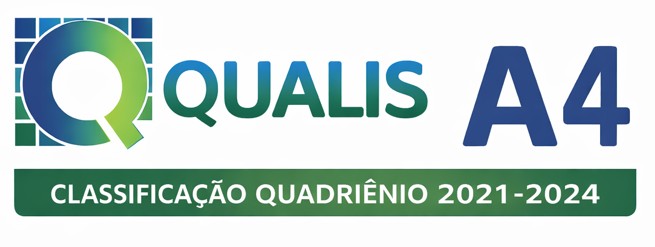Políticas públicas de formação continuada de professores alfabetizadores e os impactos da Base Nacional Comum Curricular (BNCC)
Palavras-chave:
formação continuada; alfabetização; práxis docenteResumo
O presente trabalho apresenta algumas reflexões a partir dos impactos que emergem da implementação da Base Nacional Comum Curricular (BNCC, 2018) e direcionam as políticas públicas de formação continuada de professores alfabetizadores. A homologação e implementação da BNCC vêm integrar a política nacional da Educação Básica, buscando o alinhamento de outras políticas e ações, em âmbito federal, estadual e municipal, referentes à formação de professores, à avaliação e à elaboração de conteúdos educacionais. Nesse sentido, pautados em Curado Silva (2018), tomamos a perspectiva da epistemologia da práxis como elemento articulador entre teoria e prática, pois nela reside a possibilidade de perceber o movimento dialético da realidade, podendo ser esta melhor compreendida; considerando as abordagens sobre as políticas educacionais e a reestruturação da profissão docente apontadas por Oliveira (2019) e as contribuições de Santos (2014) sobre a formação continuada de professores. Para tanto, realizamos uma pesquisa documental, considerando a BNCC, as relações e interações das esferas sociais e as políticas públicas de formação docente. Assim, compreendemos que a epistemologia da prática se constitui como concepção norteadora da BNCC e das políticas públicas de formação continuada de professores alfabetizadores, dialogando com a perspectiva do professor reflexivo. Portanto, se faz necessário redefinir as políticas de avaliação e de formação de professores, fundamentadas na análise e na compreensão dos contextos históricos, sociais, culturais e organizacionais em todas suas dimensões, formas e práticas.
Palavras-chave: Formação continuada. Alfabetização. Práxis docente.
Public policies for the continuing education of literacy teachers and the impacts of the Common National Curriculum Base (BNCC)
Abstract: The present work presents some reflections from the impacts that emerge from the implementation of the National Common Curricular Base (BNCC, 2018) and guide public policies for the continuing education of literacy teachers. The approval and implementation of the BNCC come to integrate the national policy of Basic Education, seeking the alignment of other policies and actions, at the federal, state and municipal levels, referring to the training of teachers, the evaluation and the elaboration of educational contents. In this sense, based on Curado Silva (2018), we take the perspective of the epistemology of praxis as an articulating element between theory and practice, as it contains the possibility of perceiving the dialectical movement of reality, which can be better understood; considering the approaches to educational policies and the restructuring of the teaching profession pointed out by Oliveira (2019) and the contributions of Santos (2014) on the continuing education of teachers. For that, we carried out a documental research, considering the BNCC, the relationships and interactions of the social spheres and the public policies of teacher training. Thus, we understand that the epistemology of practice constitutes the guiding concept of the BNCC and of public policies for the continued education of literacy teachers, dialoguing with the perspective of the reflective teacher. Therefore, it is necessary to redefine evaluation and teacher training policies, based on the analysis and understanding of historical, social, cultural and organizational contexts in all their dimensions, forms and practices.
Keywords: Continuing education. Literacy. Teaching praxis.










